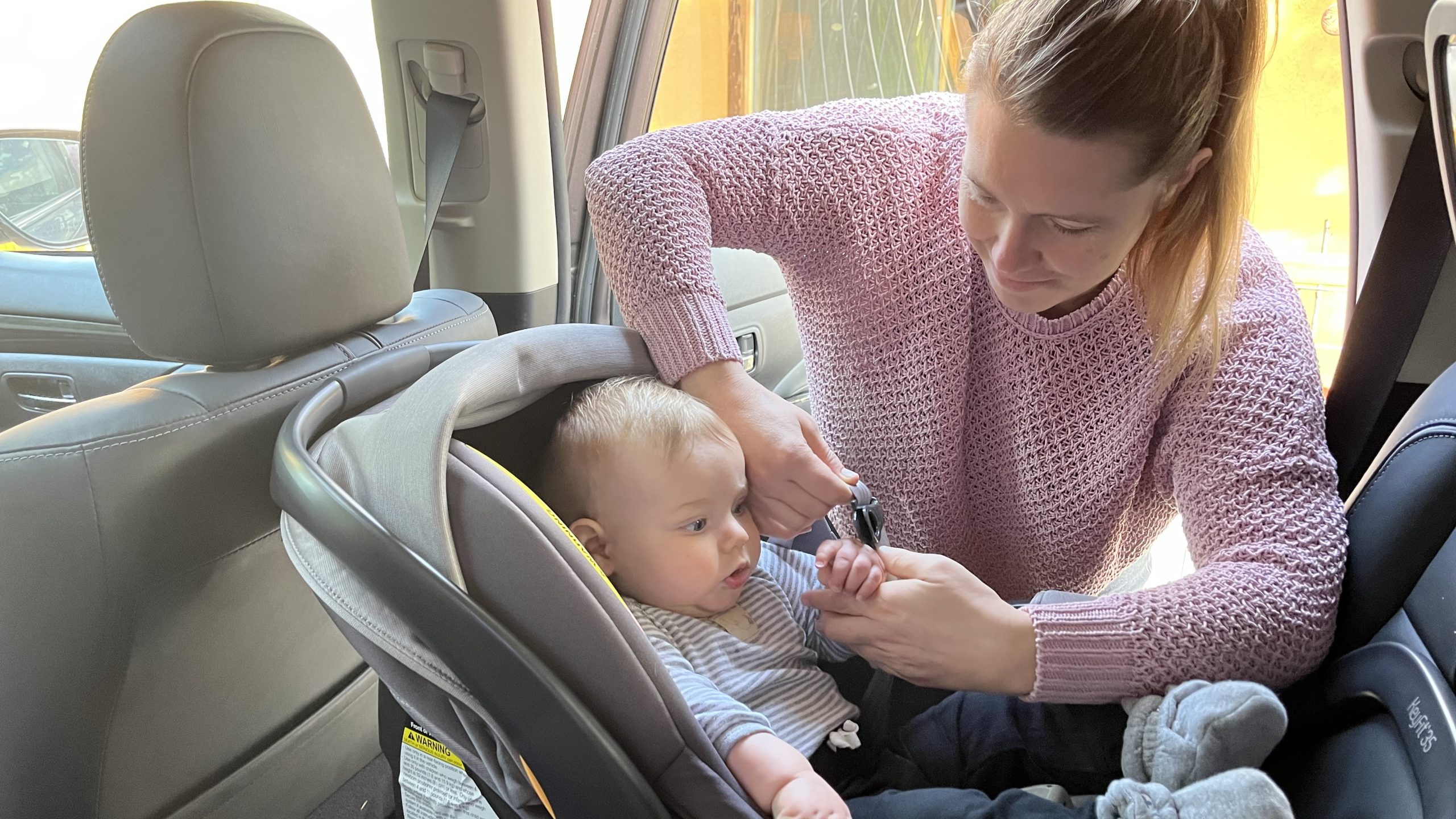
New research highlights gender disparities of child care travel
By Joey Waldinger
Last month, a team of Lewis Center scholars traveled to Irvine for the 7th International Conference on Women and Gender in Transportation, where they shared new research on how unequal gender roles in the division of child care travel may limit women’s access to opportunities.
According to findings from Lewis Center director Evelyn Blumenberg and researchers Zhiyuan Yao and Madeline Wander, women are far more likely than men to be responsible for bringing children to and from care centers, with women making roughly 70% of all child care trips.
Coupled with the fact that families tend to choose child care facilities closer to where they live than to where they work, the research suggests that women — because they do more child care travel than men — may be limited in their ability to travel farther distances to access better jobs and other opportunities.
“Our finding that women disproportionately bear the burden of taking children to and picking them up from child care contributes to a more in-depth understanding of gendered divisions of labor,” the researchers wrote a poster presentation for the conference.
To reach this conclusion, the researchers analyzed data from the California “Add-On” of the 2017 National Household Travel Survey (NHTS) and The California Department of Social Services (CDSS) database of child care facilities licensed and opened between 2010 and 2020.
Because the NHTS only includes data for respondents ages 5 and older, the researchers created a new dataset involving children younger than 5 by geocoding information from the NHTS and spatially matching it with the facilities database.
The findings show that women are primarily responsible for child care travel even when accounting for factors like race/ethnicity, income, educational attainment and whether one or both parents are working.
The sex composition of child care trips, however, changes among different demographics.
In households with two working parents, women are responsible for 60% of child care trips, compared with 74% in households where one adult works. This means that, “whether or not the woman is working, she is responsible for the majority of child care trips.”
This study’s findings imply that transportation and land use strategies to improve access to child care will disproportionately benefit women.
Parents overwhelmingly drive their children to care centers in private vehicles, so car subsidies and car sharing programs can ease the burden for parents and caregivers, particularly in low-income households. Local governments can also encourage walking by incentivizing the development of child care facilities near public transit, the researchers wrote.
For more of our recent work on child care access and travel behavior, visit the UCLA Institute of Transportation Studies project page.



